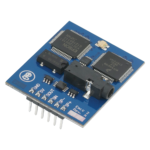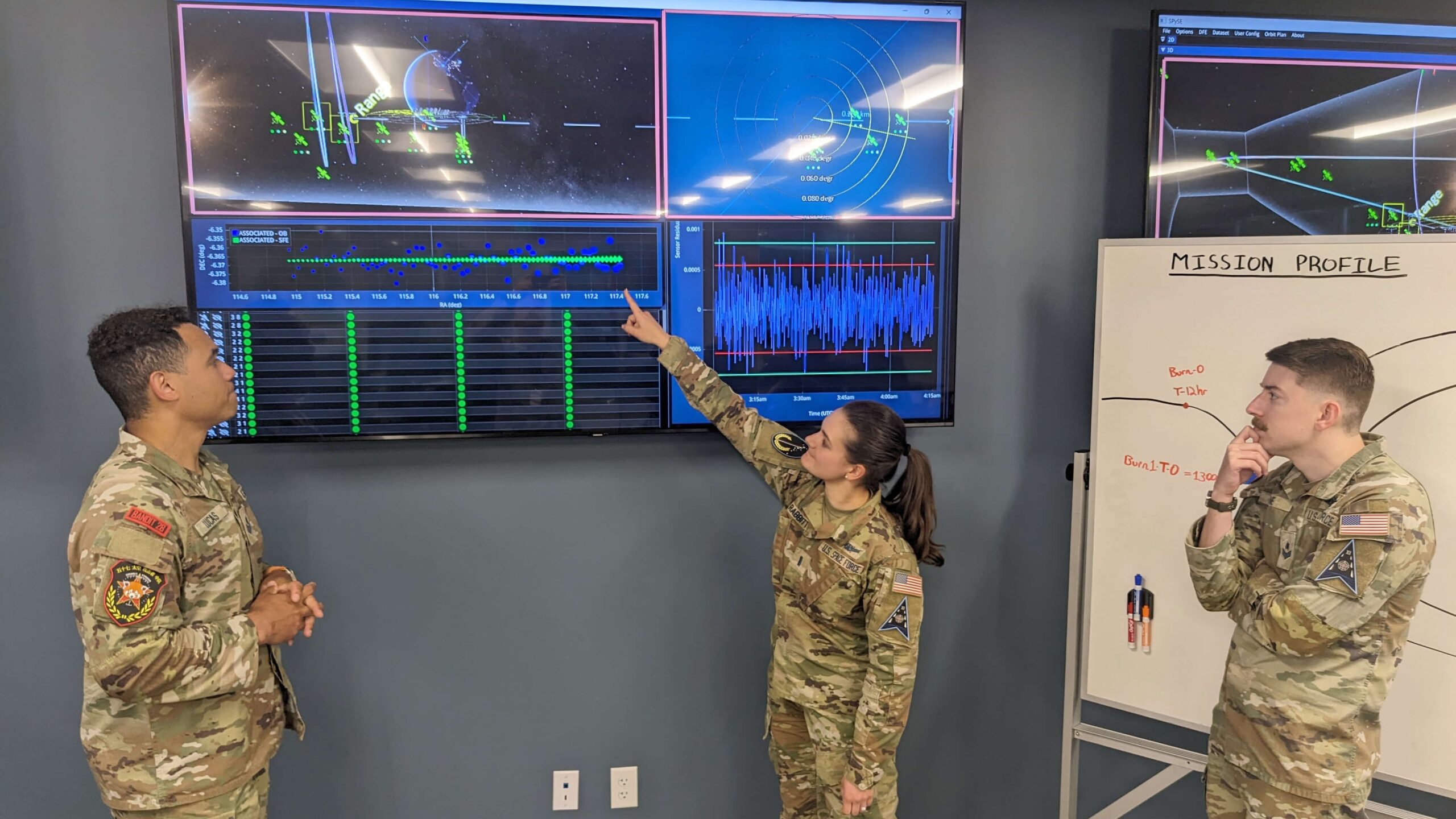Hey there, have you ever wondered if your phone is smarter than you? Well, now’s your chance to find out! Welcome to the ultimate voice recognition test. In this article, I’ll take you through a series of challenges that will put your phone’s intelligence to the test. From simple questions to tricky tasks, we’ll see who comes out on top- you or your trusty device.
But why should you even bother with this test? Think about all the times you’ve relied on your phone for directions, answers to random questions, and more. Have you ever stopped and considered just how smart it really is? Or are we just blindly trusting technology without truly knowing its capabilities?
As someone who has spent years researching and exploring the world of voice recognition technology (and may or may not have had some hilarious mishaps along the way), I can confidently say I’m qualified to challenge both you and your phone in this battle of wits. So let’s dive in and see if you’re really as smart as Siri claims.
So, voice recognition test?
As technology continues to advance, our phones have become more than just devices for communication. They now have the ability to understand and respond to our voice commands, making tasks easier and faster. But how smart are they compared to us? Are we still smarter than our own phones?
Well, let’s put it to the test! Take on this challenge and see if you can outsmart your phone in a game of voice recognition.
First, make sure your phone is fully charged and ready for action. Then, gather some friends or family members who also have smartphones. This will not only add a competitive element but also allow for a fair comparison between different types of phones.
Next, choose a variety of tasks that involve using voice commands such as setting reminders, sending messages, or playing music. Each person takes turns giving their phone the same command and seeing how accurately it responds.
It may surprise you that your phone might actually be better at understanding certain accents or voices than others. This could lead to some interesting results!
But don’t underestimate yourself just yet. Our brains are still capable of understanding complex language nuances and context clues that machines may struggle with.
So go ahead and take on this challenge – are you smarter than your phone when it comes to voice recognition? You might be surprised by the outcome!
Understanding Voice Recognition Technology: A Brief Overview
Voice recognition technology is like magic for our ears, transforming spoken words into text or commands. Imagine sitting at your desk and simply saying, “Send an email,” while your device seamlessly performs the task without you needing to lift a finger. This technology works by analyzing sound waves produced when we speak, breaking them down into tiny pieces that computers can understand. It uses sophisticated algorithms and massive databases of speech patterns to recognize voices accurately. As it learns from interactions, it becomes better over time—much like a friend who gets used to your quirks.
The applications are vast and varied!
- Smart assistants
- Customer service chatbots
- Screens for people with disabilities
These tools not only make life easier but also more inclusive. In homes, voice recognition can control lights or play music just by asking politely. It’s also finding its way into cars, allowing drivers to navigate safely while keeping their hands on the wheel. With ongoing advancements in artificial intelligence and machine learning, this remarkable technology will continue evolving, becoming even more intuitive and user-friendly as it reshapes how we interact with the digital world around us.

Testing Your Phone’s Intelligence: Simple Questions and Tasks
When you think about your phone, do you ever wonder just how smart it really is? Today’s smartphones are like tiny computers that fit right in your pocket. To see just how intelligent your device can be, try asking it some simple questions or giving it tasks to perform. For instance, ask, “What’s the weather today?” You might be amazed at how quickly it can pull up a detailed forecast with temperatures and even wind speeds! Another fun way to test its smarts is by saying something like, “Remind me to call mom at 5 PM.” In moments, your phone will set a reminder for you without any fuss.
You can take things even further by engaging with voice commands and apps. Ask your phone to play a song or tell a joke; these interactions reveal not only responsiveness but also personality. How cool is that? Additionally, try requesting directions somewhere new. Your phone’s GPS capability demonstrates its ability to analyze data and guide you through traffic efficiently. By exploring what your smartphone can do—whether it’s answering trivia questions or navigating unfamiliar streets—you’ll better appreciate the remarkable technology nestled in such an everyday object.
Read also: speech ai app
Pushing the Boundaries: Tricky Challenges for Your Voice Recognition Device
Voice recognition devices are remarkable tools that have changed the way we interact with technology. However, they face unique challenges that can sometimes leave users frustrated. For instance, background noise is a major hurdle; whether it’s the chatter of a busy café or the sound of children playing at home, these distractions can confuse even the most advanced systems. Accents and dialects add another layer of complexity. A device might struggle to understand commands from someone with a thick regional accent compared to someone who speaks in Standard English. This variation in speech patterns means that what sounds clear to one person might be completely unintelligible to another.
Moreover, technical limitations can hinder effectiveness as well. Voice recognition systems rely heavily on algorithms trained on vast amounts of data, but they may not always keep up with evolving language usage or slang terms popular among younger generations.
- Certain phrases might trip them up.
- The pace at which people speak varies dramatically.
This inconsistency makes it essential for developers to continually update and refine these technologies so they remain user-friendly for everyone—regardless of their speaking style or environment. As advancements continue, tackling these challenges will ensure voice recognition becomes an even more integrated part of our daily lives.
Reflecting on the Voice Recognition Smarts of Our Smartphones
Smartphones today are like little magic boxes, allowing us to interact with technology in ways we never imagined. One of the most incredible features of these devices is their voice recognition capabilities. With just a few words spoken into the air, our phones can perform tasks that once seemed reserved for science fiction. Whether it’s sending a text message, setting reminders, or even playing our favorite songs, voice recognition makes everything feel easy and natural. Imagine being able to ask your phone about the weather or to find nearby restaurants without lifting a finger! This level of convenience transforms mundane tasks into effortless actions.
As fascinating as this technology is, it also raises questions about how well smartphones understand us. The clever algorithms behind voice recognition learn from our speech patterns and accents over time. Every word we say helps them become smarter at recognizing context and intent better than ever before. However, sometimes they don’t quite get it right—misunderstanding commands or responding unexpectedly can lead to funny moments (like asking for pizza but getting information on penguins!). As this technology continues to grow and improve, it’s exciting to think about how much more intuitive our interactions with these smart devices will become in the future.



